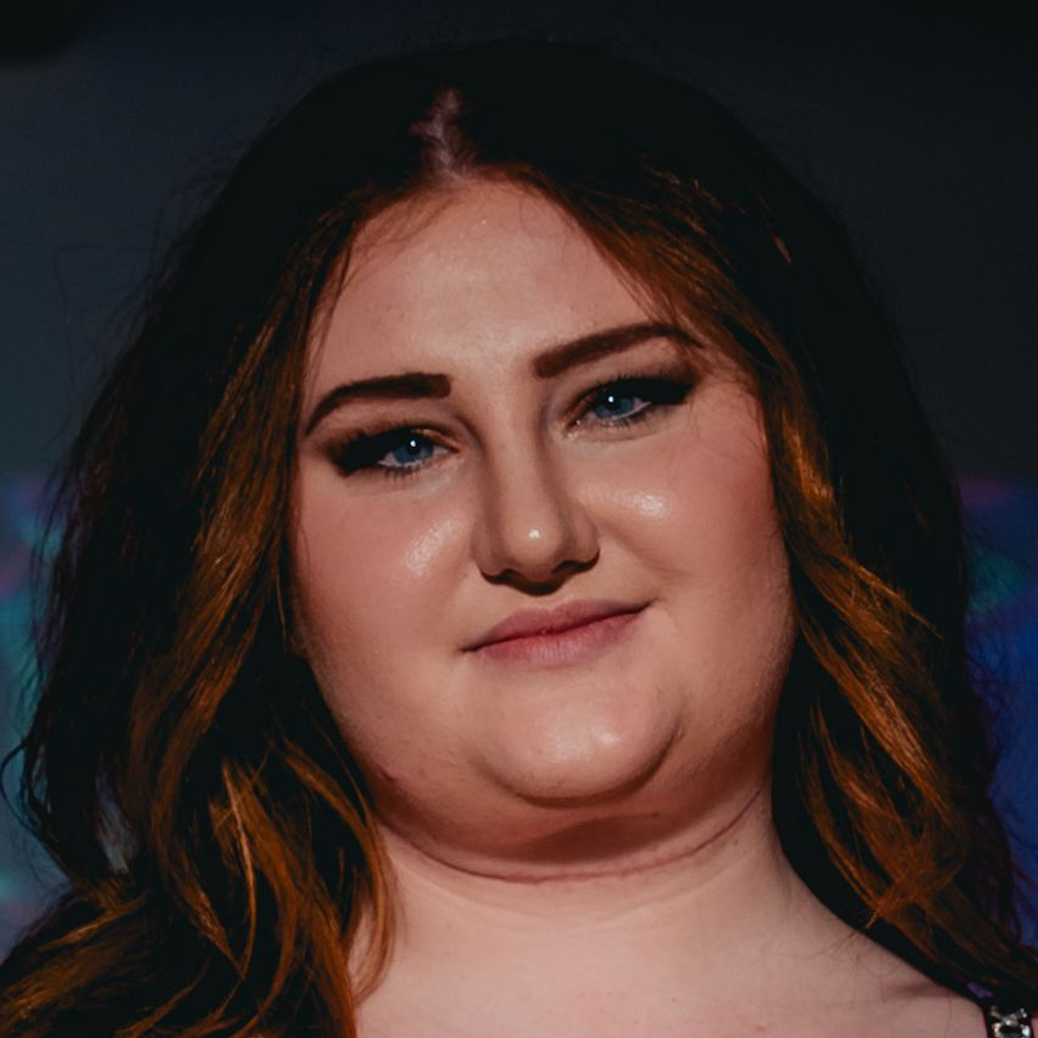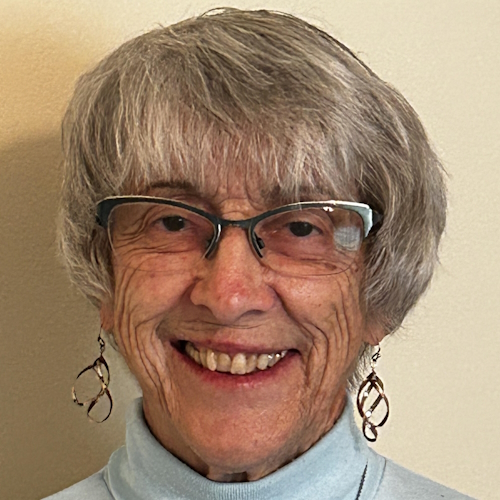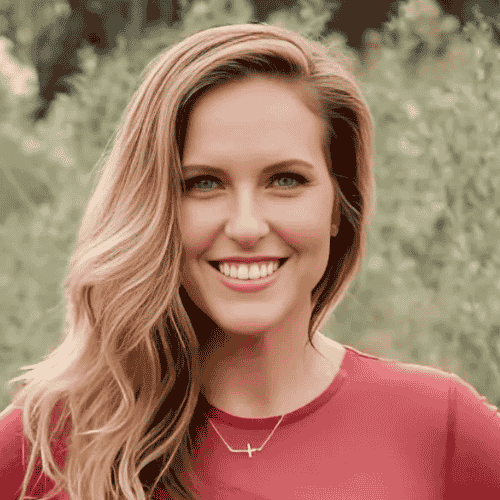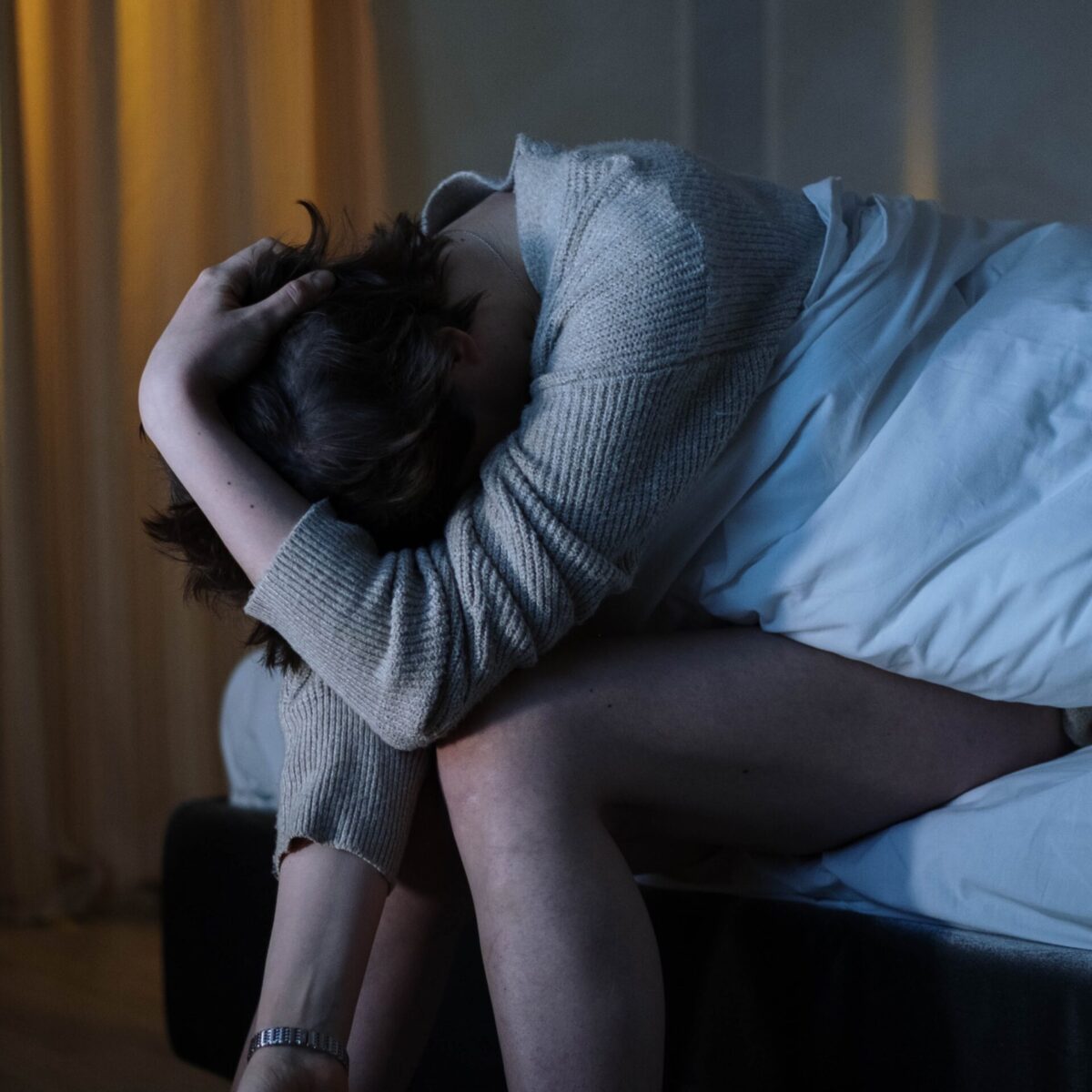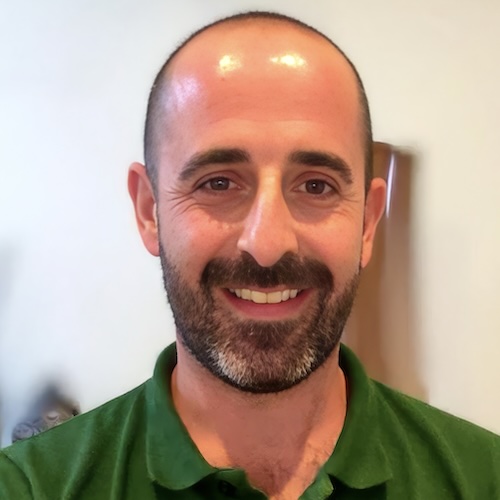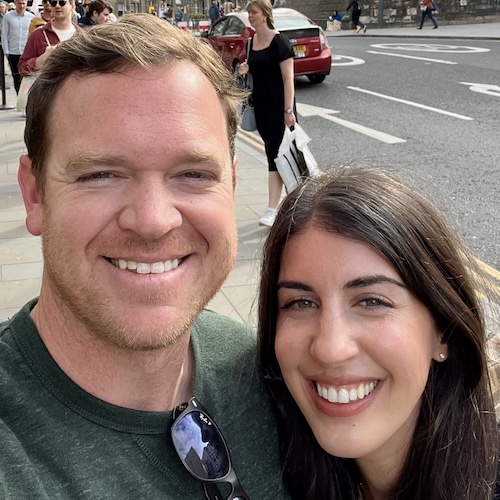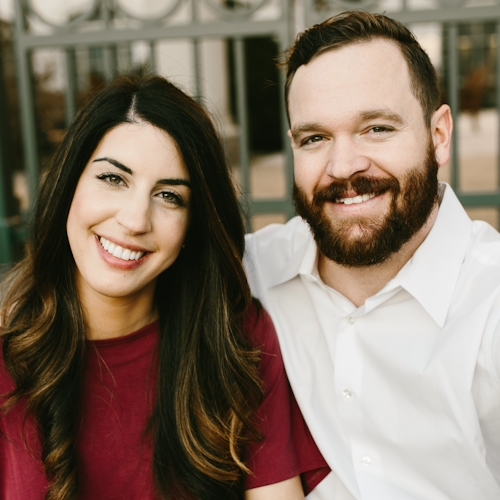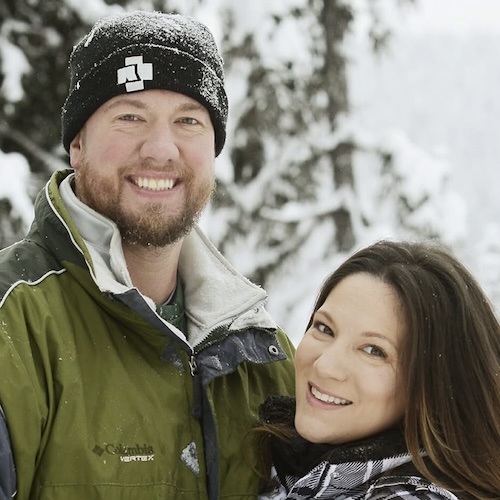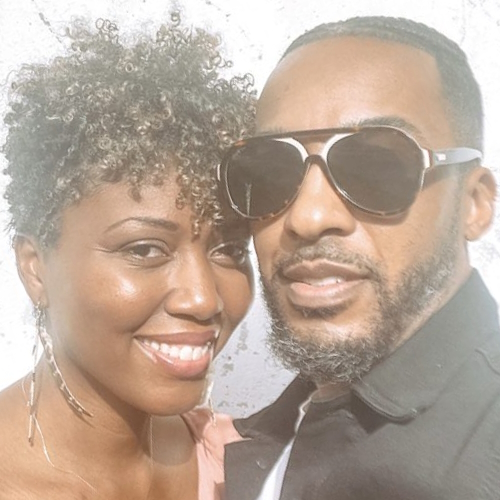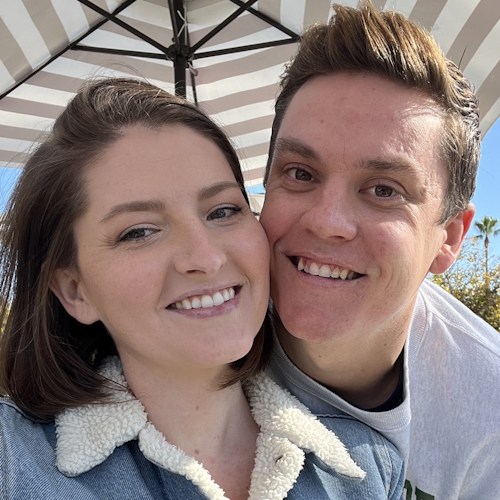The Schorrs’ Chronic Lymphocytic Leukemia Story
Part 1: Introduction
Welcome to part 1 of Andrew and Esther’s story of chronic lymphocytic leukemia (CLL), myelofibrosis, and living life as a patient and caregiver.
In this segment, Andrew and Esther Schorr discuss their initial reactions to Andrew’s CLL diagnosis, figuring out next steps, talking to your children about cancer and what topics they will cover in this series.
This interview has been edited for clarity. This is not medical advice. Please consult with your healthcare provider for treatment decisions.
Andrew’s Patient Story
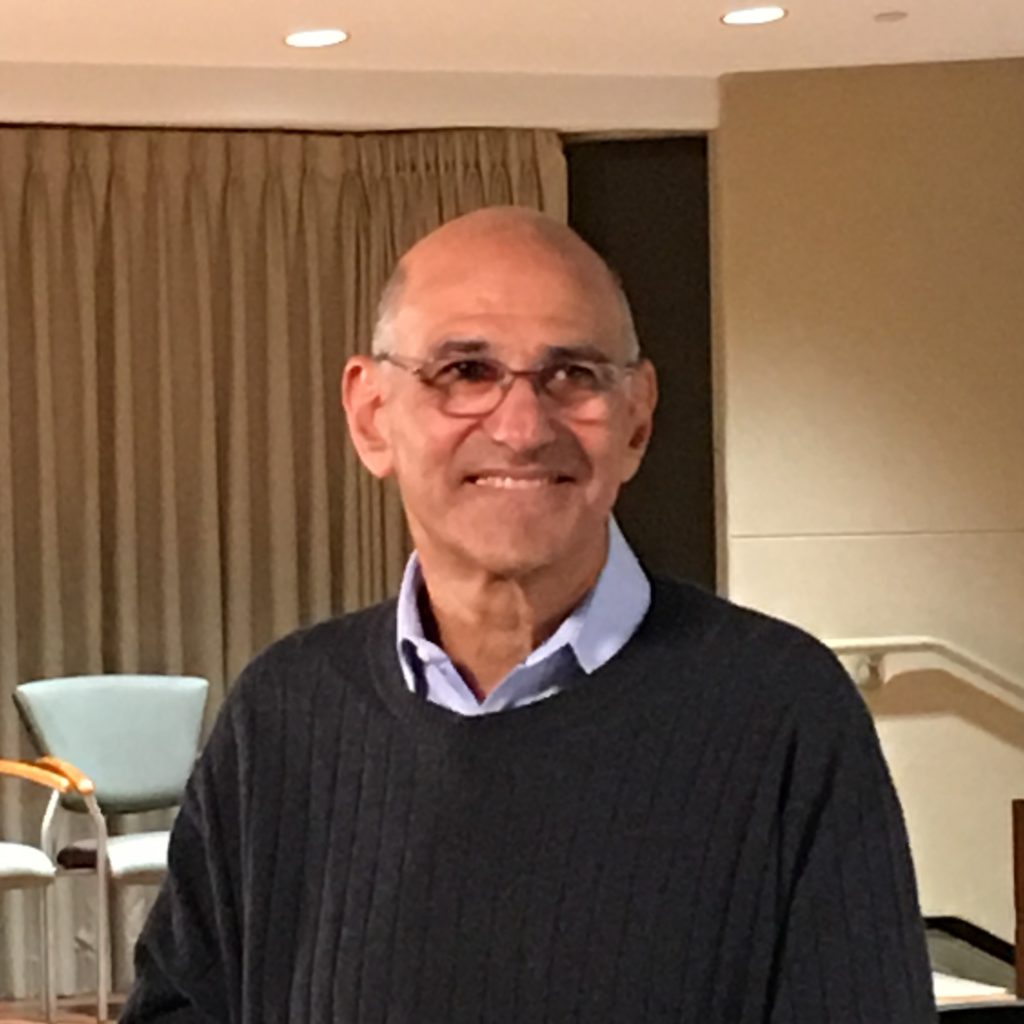
Andrew shares his CLL story, including clinical trials, connecting with other CLL patients, treatment side effects, and saying yes to life.
Esther’s Care Partner Story
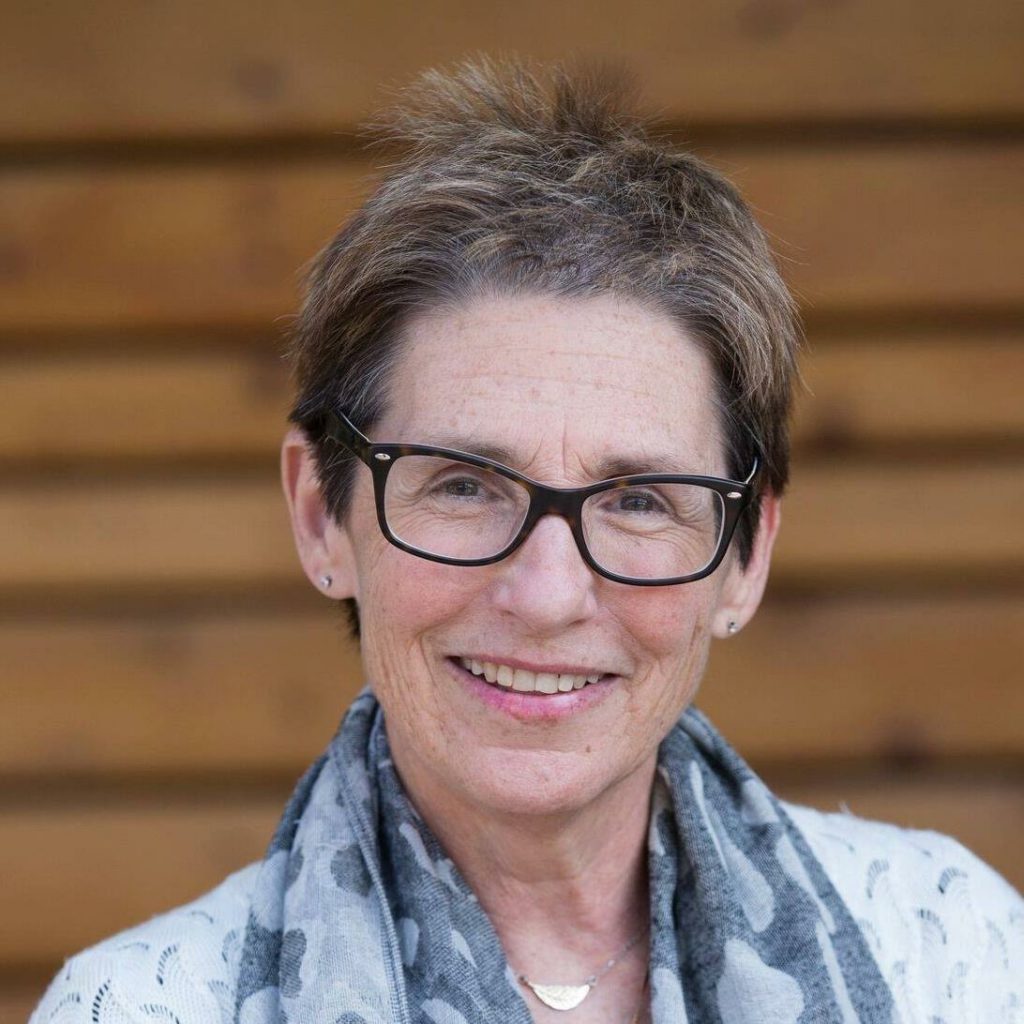
Esther shares her caregiver story, reflecting on lessons learned through her husband’s CLL diagnosis in 1996.
VIDEO: How we Processed Cancer as Husband and Wife
How were you both at the beginning of this journey?
Esther: Andrew, at the point when you got a diagnosis of CLL, both of our reactions were, “What? What the heck? What is this?” For me, it felt very much out of our control. It was like, “Oh my God.” What was your reaction?
Andrew: I thought my life was over. I didn’t say this to you, but I thought, “I’m leaving a wife and 2 little kids. Hopefully I’ve lived pretty well.” But that’s it, because I didn’t have information.
Esther: I think that’s it. That’s what I think I want us to talk about. It seemed to me that what happened was you had those feelings. If I think back, I probably had some of the same. I was like, “Oh, my God, I’m losing my partner in life, and my kids won’t have a father.”
But there was a real transition when you and I talked about it, and we started to get information. My recollection was that we knew somebody who knew how to research these things.
Andrew: Right. When we first went to the oncologist — we’d never been to an oncologist before — and he gave us this diagnosis of chronic lymphocytic leukemia, we were both in tears. We didn’t know anybody, didn’t know what it was, etc.
Our friend David Nudelman helped us on our home computer to connect with others, and ultimately we connected on the phone. If you recall, Esther, I started going to lunch with other CLL patients in Seattle, where we lived. We started connecting, and then it was the search with their help for the smartest doctors.
Esther: Right. You did that in seeking out peers, and in parallel with that, my way of sort of getting my feet under me was to try to get a handle on my emotionalism and to get counseled and use some medication and whatever to be able to be there for you and for the kids.
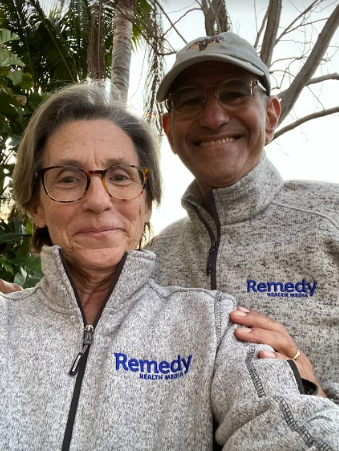
Andrew: Right. You remember that somebody referred us to a counselor and I think his wife had leukemia. I seem to recall that. He said, “Hey, Esther, you’re kind of an emotional person. Maybe you try St John’s wort as a natural substance to see if it takes the edge off.” You had been opposed to any kind of medicine. You thought it would be “Invasion of the Body Snatchers.” But it worked.
Esther: Yeah, it did. It did work. I think that that’s a real example of how you and I are very different personalities. We’re dealing with gaining some control in what seemed like an uncontrollable situation. At least I remember that once we got to the right doctor, we understood the diagnosis. I do remember that it was a little hard to swallow.
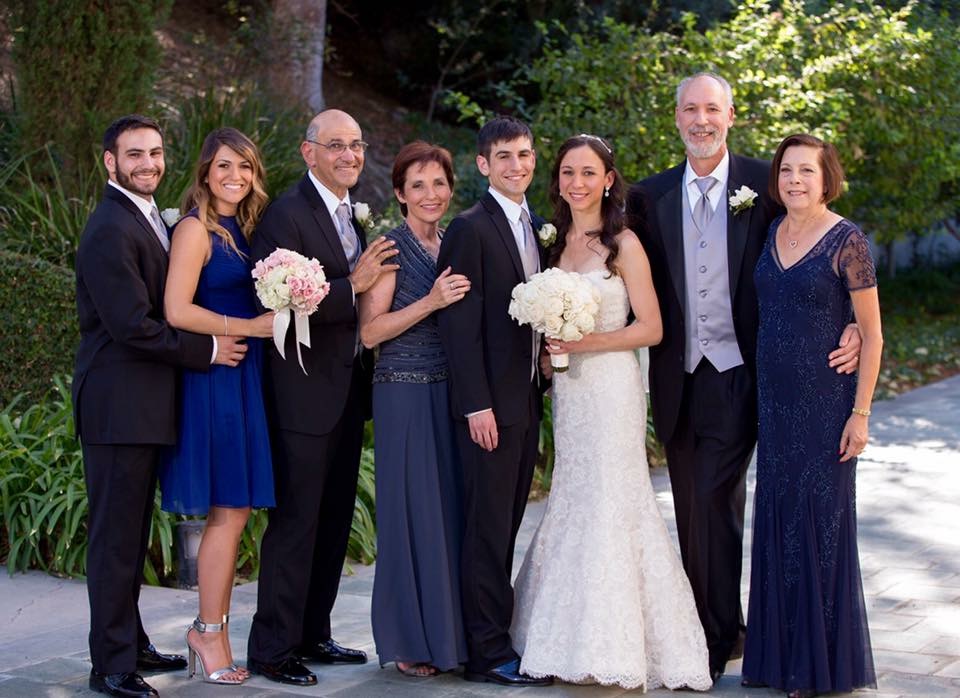
It was Dr. Keating, if I remember. We ultimately got to a subspecialist, special specialist, when he said, “You don’t need treatment, maybe for years.” There was this hurdle to get over of, “What do you mean you’re not going to do anything for years?” Once we got past that, it felt a little bit more controllable, or it felt more calming, I guess. At least it wasn’t urgent.
Andrew: I went from feeling I’d be dead tomorrow to, “We don’t have to do anything right away.” But you’re right; it was worrisome. I think just in the family, [it was] what does this mean? When? How do we go on? What should we say to you? What should we not say to you? When do you go to the doctor again? What did the doctor say?
We had that with our children, certainly Ari, who I think was 6 or 7. He started to ask questions. You remember this, Esther? When Ari asked me, we explained that Daddy had a sickness in his blood. Ari was like 7, and he said, “Will you be there for my bar mitzvah?” [That is] age 13 in our Jewish religion. I said yes, but I didn’t know.
Esther: That’s a whole other topic of, “At what point do you talk to your children, and what can they comprehend?” That’s probably a subject for another time. I do remember that, and I also know that in the situations where people have chronic conditions, there are these ups and downs of waiting, either waiting for treatment or waiting for the next blood test.
I know that when you would go for those exams, there was a little bit of that anxiety again. It’s like, is another shoe going to drop? Is this going to be the time that you’re going to need treatment? And is that a good thing or a bad thing?
I was like, “Okay, we’re waiting. We’re waiting. Now do something.” When they did something finally, I actually felt better than the period of time where they were doing nothing. I don’t know how you felt about it.
Andrew: I felt the opposite. I said, “Oh, my God.” I didn’t want to face it. If you recall, the treatment started in Houston at the MD Anderson Cancer Center, this big monolithic monument to cancer research and treatment.
We were not from Houston and didn’t know anybody from Houston, so we’re definitely strangers there. I did not want to be there. I wanted to just go on, “Yeah, you got this diagnosis, but it’s not really going anywhere. Just let it ride.” I wanted to just let it ride. I was not ready for treatment.
Esther: So there you have it: 2 people, different reactions.
What topics will you be covering in this series?
Andrew: I think there are some funny things that have happened along the way. First of all, meeting some great people. Fortunately, with my illnesses (which have been long term), I’ve gotten to know my providers pretty well — the nurses, the doctors — as people. I think that’s been pretty rich.
There’ve been some episodes that have been screwy, fainting or just memorable moments, that you’ve had to work with your team. Also, just funny conversations you’ve even had with people trying to figure out, well, what’s going on with you?
Esther: I think a couple of topics off the top of my head is that it was very clear when we met with the special specialist that he was the right guy. There were a number of reasons for that. There was our local oncologist, and there was this subspecialist.
I think talking about what it takes to have a good relationship. When do you know you’ve got the right person taking care of you? That’s one. Another, I think, is for people like yourself and like us, how do you broach treatment and longevity and those things with children? With family?
I think relapse. Once somebody is through treatment, how do patient and care partner deal with the specter of relapse? What does that mean? How are the reactions different?
Andrew: How do you plan?
Esther: How do you plan your life knowing that there’s this thing out there that could or could not impact what you think is the ideal future?
Andrew: How do you travel? What if you get sick when you’re traveling? What are your resources? What’s the solution?
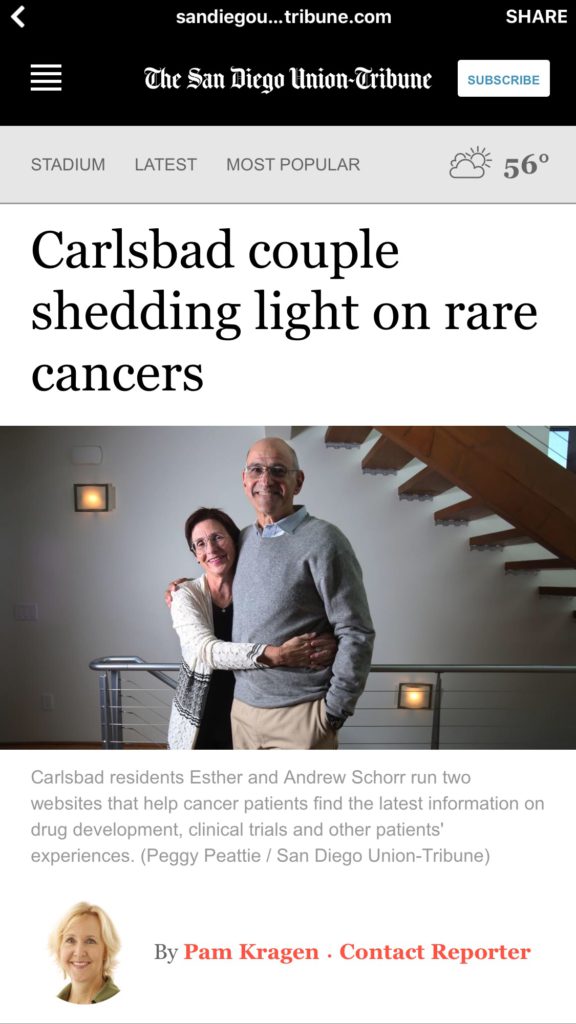
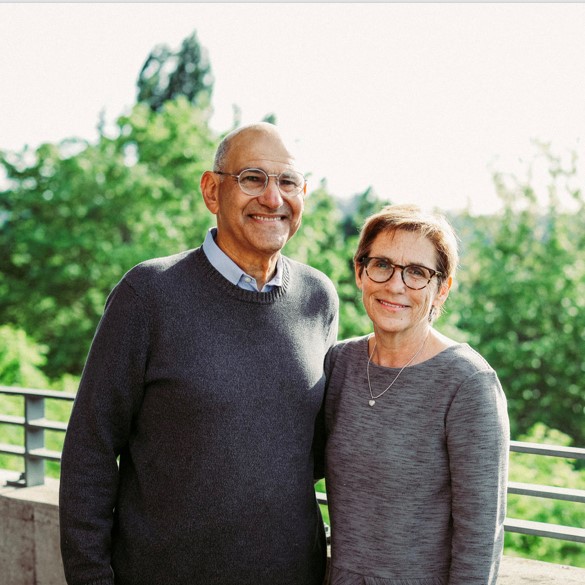
Inspired by Andrew and Esther's story?
Share your story, too!
More Chronic Lymphocytic Leukemia (CLL) Stories
Serena V., Chronic Lymphocytic Leukemia (CLL)
Symptoms: Night sweats, extreme fatigue, severe leg cramps, ovarian cramps, appearance of knots on body, hormonal acne
Treatment: Surgery (lymphadenectomy)
Margie H., Chronic Lymphocytic Leukemia
Symptoms: Large lymph node in her neck, fatigue as the disease progressed
Treatment: Targeted therapy
Nicole B., Chronic Lymphocytic Leukemia
Symptoms: Extreme fatigue, night sweats, lumps on neck, rash, shortness of breath
Treatments: BCL-2 inhibitor, monoclonal antibody
Symptoms of CLL
Learn about how some of the common CLL symptoms first present themselves from patients who have been diagnosed with CLL.
More Spouse Caregiver Stories
David Garrigues Ronda, Spouse of Laurent Gemenick, Bladder Cancer Patient
“Talk to family, talk to friends. Ask for help. Don't be alone. And above all, don’t miss any doctor's appointments.”
...
Lung Cancer Caregiver Series Episode 2: Stephen and Emily Huff's Candid Conversation
"We talked, and I remember saying, "What if we have kids and what if I die?" And you were like, "What if you live?"
...
Emily Huff., Spouse of Stephen, Lung Cancer Patient
“Emily's the reason why I’m alive today. The treatments have kept the cancer at bay, but she's the one who’s kept me living, breathing, and enjoying life.”
...
Blair D., Spouse of Brain Cancer Patient
“Find other people who are going through the same thing you are. This journey is very isolating and very lonely.”
...
Nat G., Spouse of Bladder Cancer Patient
“You have to become selfless as a caregiver. You have to assure that person that you are there for them.”
...
Kyle Appleford, Spouse of Lung Cancer Patient (Metastatic) with No History of Smoking
“Ask for help. Don’t be too prideful to accept the help. I wouldn’t be here without all the support from family and friends.”
...
